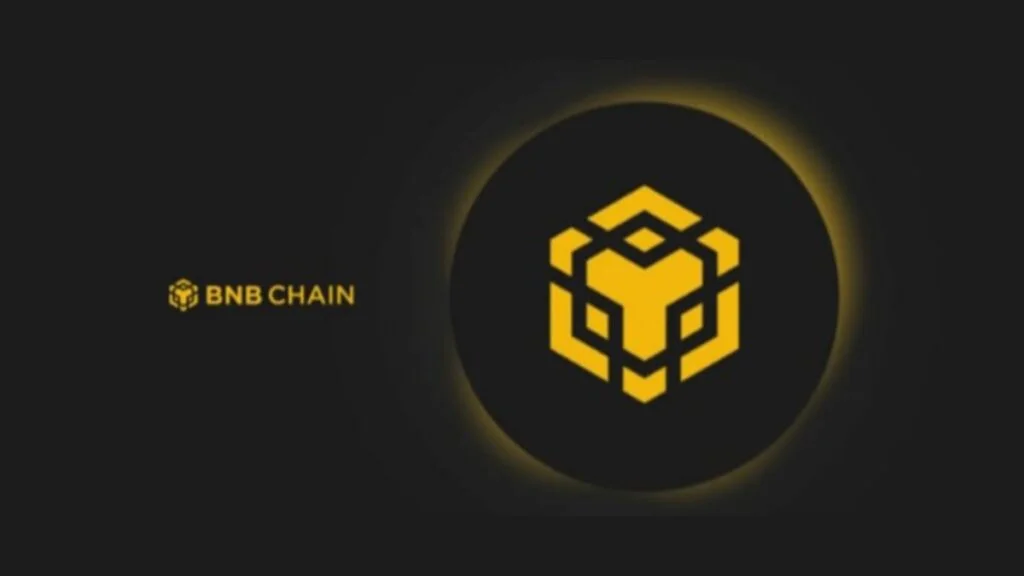BNB Chain ecosystem has achieved a significant milestone by launching the mainnet of its eagerly awaited Greenfield.

Users can upload files and data, set personalized access rules, and store information redundantly over a decentralized network of storage providers using Greenfield, a unique blockchain explicitly designed for decentralized data storage.
According to a recent statement, Greenfield presents a network architecture and economic model that gives users control over their data in Web3. It is important to note that Greenfield data is not kept directly on the blockchain.
Instead, the blockchain manages access rights, metadata, payments, and incentives. Storage providers keep the real files off-chain. With stated uplink rates of 30MB/s and downlink speeds of 300MB/s, this special architecture provides tremendous performance at the expense of decentralization.
BNB Chain’s EVM-compatible blockchain, BNB Smart Chain, is also smoothly integrated with Greenfield. This compatibility for BSC users and developers opens up new use cases that center on data.
Traditional cloud storage options like AWS S3 provide centralized organizations access to consumer data. Greenfield argues that it can change this paradigm by empowering people to own and own their data.
Before posting, files on Greenfield are locally encrypted. Users can give it granular access permissions before saving a file across multiple storage providers.
With the user’s authorization, storage providers can decrypt user files. Traditional server-client services have already managed to accomplish this; the problem is that not all user data is encrypted end-to-end.
The risks of data leaks, censorship, and platform dependencies related to web2 cloud services are reduced by this user-centric strategy. Decentralization increases the security of private data and makes public data resistant to censorship.
The properties of Greenfield enable new data economic models. Users can construct data marketplaces where information can be freely bought and exchanged, or they can set charges for data access.
Greenfield enables people to immediately profit from their data through decentralized procedures, as contrast to web2, which requires centralized middlemen.
According to the announcement, Greenfield supports decentralized site hosting, content licensing, cross-chain data management, and simple data storage.
